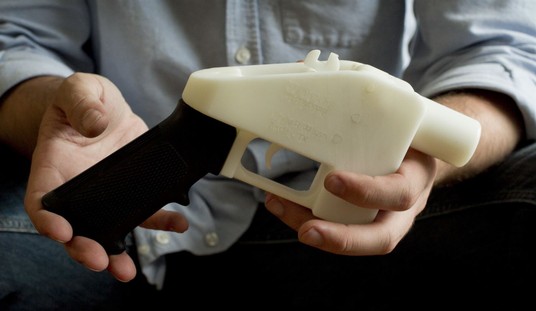The families of nine victims killed at the Newtown school and one teacher who survived the attack are suing the parent company of the weapon used in the shooting, Remington Arms. On Thursday, the judge ruled the lawsuit will be allowed to move forward.
Superior Court Judge Barbara Bellis’ ruling contends the 2005 federal law protecting gun-makers from lawsuits does not prevent lawyers for the victims’ families from arguing that “the semi-automatic rifle is a military weapon and should not have been sold to civilians”.
In the years since Adam Lanza killed her son Dylan, Nicole Hockley, one of the plaintiffs in the case, has set her sights on “holding the maker, distributor and seller of our shooter’s weapon accountable for their role in the shooting”.
Marketing and selling a military weapon to military wannabes is the ultimate example of creating unreasonable risk. For that reason, the law says a courtroom is the proper forum for holding these specific gun companies accountable.
This case is not about all gun makers; it’s about the AR-15. Remington’s targeted marketing makes military-style massacres accessible to unscreened civilians. The company’s strategy is responsible for the Sandy Hook massacre. The families have a right, even a responsibility, to hold it accountable.
Sadly, the one thing she got right was that this case is not about gun makers at all, it’s about moving the law toward a massive infringement on our Second Amendment rights.
In their motion to dismiss the lawsuit, lawyers for Remington cited the Protection of Lawful Commerce in Arms Act which shields gun manufacturers from most lawsuits over criminal use of their products. Although she agreed that argument could be made as a future motion, Judge Bellis ruled it was not grounds to dismiss the lawsuit.
While the ruling sends the civil suit forward, Judge Bellis did not rule on whether or not the plaintiffs have grounds to sue under the federal law’s negligence provision. While the families lawyers work to cram their lawsuit through using an exemption for “negligent entrustment,” which alleges the gunmakers of the AR-15 knew it was too lethal and too dangerous to be sold to Lanza, they’re being selective in their interpretation of the exemption. The law’s definition specifically states the exemption applies to “the person to whom the product is supplied,” which was Lanza’s mother, not the shooter responsible for deaths named in the lawsuit.
Additional motions to dismiss are expected to be forthcoming from Remington.
Both sides of the lawsuit will be back in court on April 19.








Join the conversation as a VIP Member